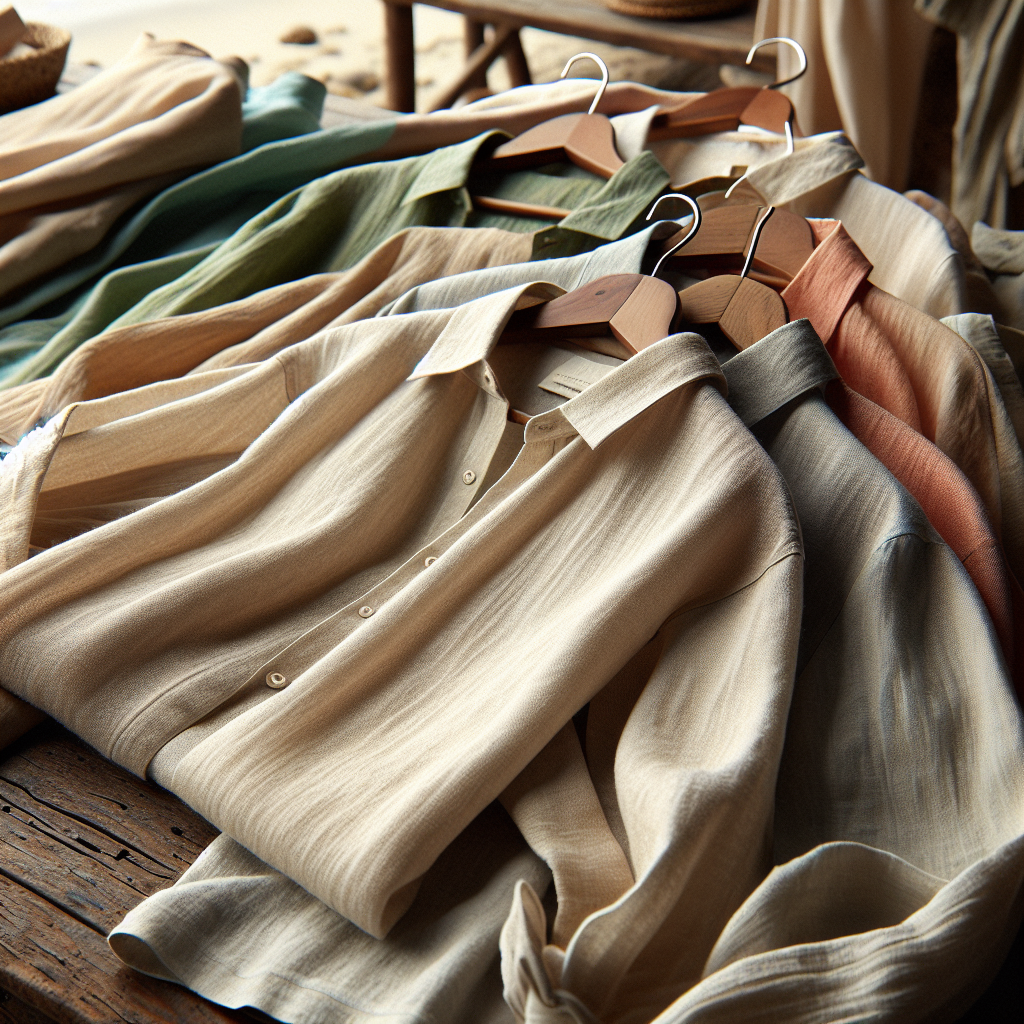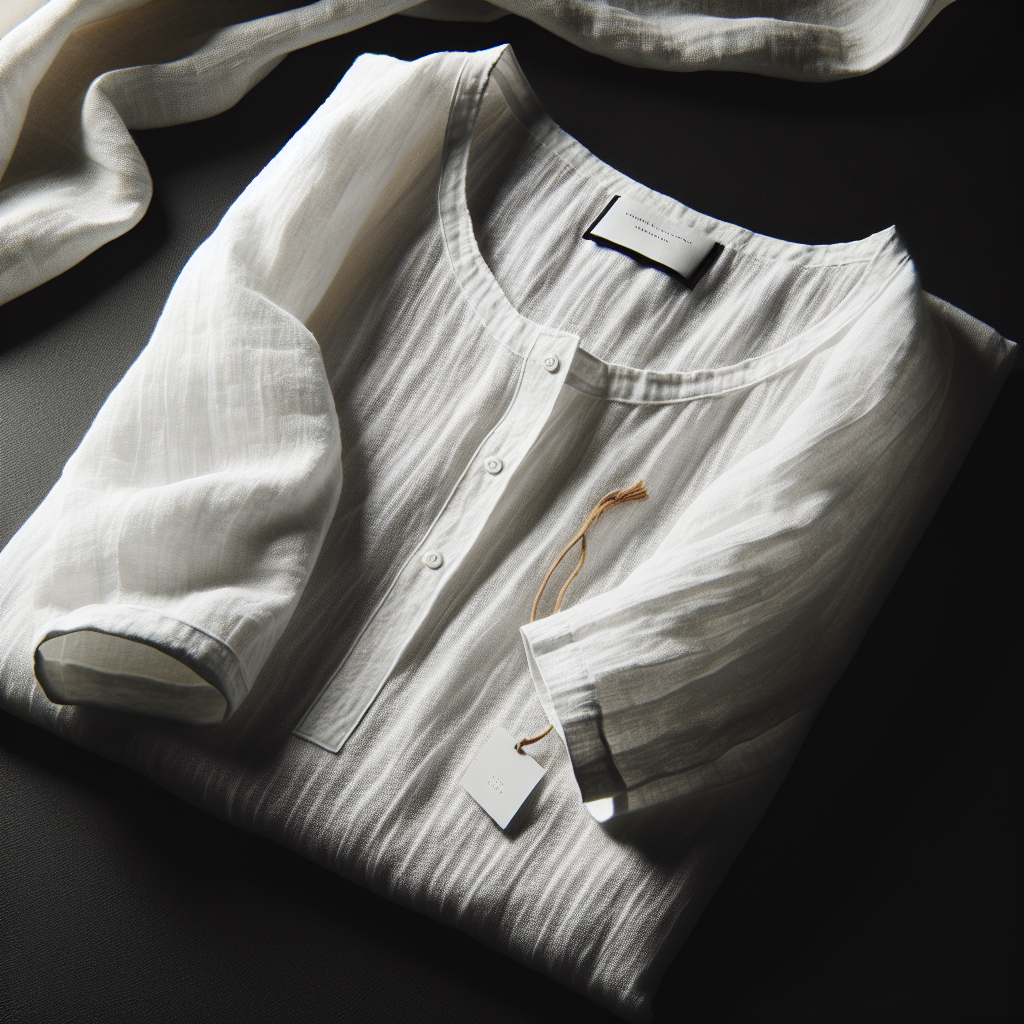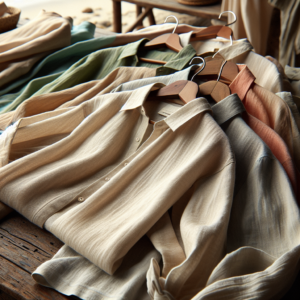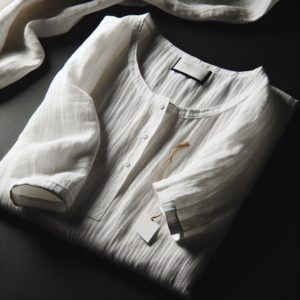The Durability of Linen Sheets: A Closer Look at Ripping and Tearing
Linen sheets have been gaining popularity in recent years due to their luxurious feel and natural properties. Made from the fibers of the flax plant, linen is known for its durability and breathability, making it a popular choice for bedding. However, one question that often arises is whether linen sheets rip easily. In this article, we will take a closer look at the durability of linen sheets and address the common concern of ripping and tearing.
First and foremost, it is important to understand that all fabrics, including linen, have a certain level of susceptibility to ripping and tearing. This is simply a natural characteristic of any material. However, what sets linen apart is its strong and resilient nature. Linen fibers are known to be two to three times stronger than cotton fibers, making them less prone to tearing. Additionally, linen has a natural elasticity that allows it to withstand tension and pressure without ripping.
Another factor that contributes to the durability of linen sheets is the way they are woven. Linen is typically woven in a plain weave, which means the threads are woven over and under each other in a simple crisscross pattern. This type of weave creates a strong and stable fabric that is less likely to rip or tear. In contrast, other fabrics such as silk or satin are often woven in a satin weave, which is more prone to snagging and tearing.
Furthermore, the quality of the linen used also plays a significant role in its durability. High-quality linen is made from long and fine fibers, which are tightly woven together to create a strong and durable fabric. On the other hand, lower quality linen may be made from shorter and coarser fibers, resulting in a weaker and more prone to tearing fabric. Therefore, it is important to invest in high-quality linen sheets to ensure their longevity.
In addition to its strength and weave, linen also has the ability to self-repair to a certain extent. Due to its natural elasticity, linen fibers have the ability to bounce back and regain their shape after being stretched or pulled. This means that minor tears or rips in linen sheets may be less noticeable and can often be smoothed out with a simple tug or ironing.
It is also worth noting that the care and maintenance of linen sheets can greatly impact their durability. Linen is a low-maintenance fabric that can withstand frequent washing and drying without losing its strength. However, it is important to follow the care instructions provided by the manufacturer to ensure the longevity of your linen sheets. Over-washing or using harsh detergents can weaken the fibers and make them more prone to tearing.
In conclusion, while no fabric is completely immune to ripping and tearing, linen sheets are known for their durability and strength. Their natural properties, such as strong fibers, plain weave, and self-repairing ability, make them less likely to rip or tear compared to other fabrics. Additionally, investing in high-quality linen and properly caring for it can further enhance its durability. So, if you are considering purchasing linen sheets, rest assured that they are a durable and long-lasting bedding option.
How to Care for Your Linen Sheets to Prevent Ripping and Extend Their Lifespan

Linen sheets are a luxurious and popular choice for bedding, known for their softness, breathability, and durability. However, one concern that many people have when considering linen sheets is whether or not they are prone to ripping. The answer to this question is not a simple yes or no, as there are several factors that can contribute to the likelihood of linen sheets ripping. In this article, we will discuss how to care for your linen sheets to prevent ripping and extend their lifespan.
First and foremost, it is important to understand that linen is a natural fiber and, like any other fabric, it can be susceptible to wear and tear over time. However, linen is also known for its strength and durability, making it less likely to rip compared to other fabrics such as cotton or silk. That being said, there are certain steps you can take to care for your linen sheets and minimize the risk of ripping.
One of the most important things to keep in mind when caring for your linen sheets is to always follow the manufacturer’s instructions. This may seem like a no-brainer, but it is crucial to ensure that you are using the correct washing and drying methods for your specific linen sheets. Some linen sheets may be machine washable, while others may require hand washing or dry cleaning. It is important to read the care label carefully and follow the recommended instructions to avoid damaging the fabric.
When it comes to washing your linen sheets, it is best to use a gentle cycle with cold water and a mild detergent. Avoid using harsh chemicals or bleach, as these can weaken the fibers and make them more prone to ripping. It is also recommended to wash your linen sheets separately from other items, as zippers, buttons, and other rough materials can cause friction and damage the fabric.
After washing, it is important to properly dry your linen sheets. The best way to do this is by air-drying them. If you must use a dryer, make sure to use a low heat setting and remove the sheets while they are still slightly damp. Over-drying can cause the fibers to become brittle and increase the risk of ripping. It is also important to avoid wringing or twisting the sheets, as this can damage the fibers and cause them to weaken.
Another tip for caring for your linen sheets is to avoid using fabric softeners. While these products may make your sheets feel softer, they can also leave a residue on the fabric that can weaken the fibers and make them more prone to ripping. Instead, consider using a natural fabric softener such as white vinegar or wool dryer balls to soften your linen sheets without causing any damage.
In addition to proper washing and drying techniques, there are a few other things you can do to prevent your linen sheets from ripping. One is to rotate your sheets regularly. This means using different sets of sheets and not constantly using the same ones. This allows the fibers to rest and recover, reducing the risk of wear and tear.
You can also consider using a mattress protector to protect your linen sheets from any spills or accidents. This can help prevent stains and damage to the fabric, ultimately extending their lifespan. Additionally, avoid sitting or standing on your linen sheets, as this can put unnecessary strain on the fabric and increase the risk of ripping.
In conclusion, while linen sheets are not immune to ripping, they are a durable and long-lasting bedding option. By following these tips and properly caring for your linen sheets, you can minimize the risk of ripping and extend their lifespan. Remember to always follow the manufacturer’s instructions, use gentle washing and drying methods, and avoid harsh chemicals and fabric softeners. With proper care, your linen sheets will continue to provide you with a comfortable and luxurious sleep for years to come.
Exploring the Myth of Linen Sheets Being Prone to Ripping: Debunking Common Misconceptions
Linen sheets have been a popular choice for bedding for centuries, known for their luxurious feel and ability to keep you cool in the summer and warm in the winter. However, there is a common misconception that linen sheets are prone to ripping easily. This belief has caused many people to shy away from purchasing linen sheets, fearing that they will not last long and will be a waste of money. But is this really true? Let’s explore the myth of linen sheets being prone to ripping and debunk some common misconceptions.
First and foremost, it is important to understand the nature of linen fabric. Linen is made from the fibers of the flax plant, which are known for their strength and durability. In fact, linen is one of the strongest natural fibers, even stronger than cotton. This is due to the long and smooth fibers that make up linen, giving it a high tensile strength. This means that linen sheets are less likely to tear or rip compared to other types of sheets.
One of the main reasons why people believe that linen sheets rip easily is because of their initial stiffness. When you first purchase linen sheets, they may feel stiff and rough to the touch. This is because linen has not been chemically treated or softened like other fabrics. However, this stiffness is not an indication of weakness. In fact, it is a sign of high quality linen. As you wash and use your linen sheets, they will become softer and more comfortable, without losing their strength.
Another misconception about linen sheets is that they are not suitable for everyday use. Some people believe that linen is a delicate fabric that should only be used for special occasions. This is simply not true. Linen sheets are designed to be used every day and can withstand regular washing and use. In fact, the more you use and wash your linen sheets, the softer and more comfortable they become. So, don’t be afraid to use your linen sheets as your everyday bedding.
One of the most common reasons why people think that linen sheets rip easily is because they confuse linen with other types of fabrics. Linen is often compared to cotton, which is a much more common and widely used fabric. However, as mentioned earlier, linen is actually stronger than cotton. This misconception may also stem from the fact that linen has a more textured and rustic appearance compared to smooth and sleek cotton. But this texture does not make it any less durable.
It is also important to note that the quality of linen sheets can vary greatly. Just like with any other fabric, there are different grades and qualities of linen. Low-quality linen sheets may be more prone to ripping, but this is not a reflection of all linen sheets. When purchasing linen sheets, it is important to look for high-quality, long-staple linen. These sheets will be more durable and less likely to rip.
In conclusion, the myth of linen sheets being prone to ripping is just that – a myth. Linen is a strong and durable fabric that is suitable for everyday use. The initial stiffness of linen sheets is not an indication of weakness, but rather a sign of high quality. With proper care, linen sheets can last for many years without ripping or tearing. So, don’t let this common misconception stop you from experiencing the luxury and comfort of linen sheets.











